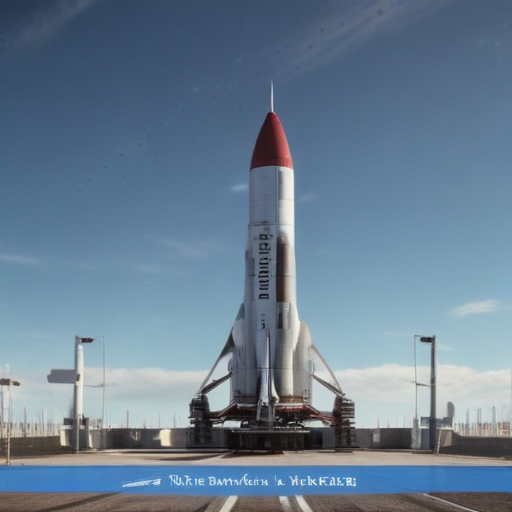Blue Origin has postponed the inaugural launch of its New Glenn rocket, originally scheduled for January 13, due to a technical issue. The company announced the launch of its NG-1 mission was scrubbed shortly after 3 a.m. Eastern time, after the countdown clock experienced multiple resets within its three-hour window at Cape Canaveral’s Launch Complex 36.
In a social media statement, Blue Origin stated, “We’re standing down on today’s launch attempt to troubleshoot a vehicle subsystem issue that will take us beyond our launch window. We’re reviewing opportunities for our next launch attempt.” The specifics of the technical problem were not disclosed by the company, which hinted at ongoing investigations into anomalies during the webcast of the launch.
Given the complexities often associated with the first launch of a new rocket, such issues are not unusual. The timeline for a possible reschedule remains uncertain and may depend on range and weather conditions. Notably, SpaceX is scheduled for a Falcon 9 launch carrying two lunar landers on January 15, which may further affect Blue Origin’s launch timeline.
Blue Origin had originally aimed for a launch by January 6 after completing a static-fire test of the New Glenn’s first stage on December 27. However, readiness issues with the vehicle and weather conditions at sea, where the first stage was planned to land on a ship, have resulted in delays.
The New Glenn rocket has been in development for over ten years, with the project formally announced in September 2015. Initially, the company planned to launch New Glenn in 2020, but repeated schedule delays led to NASA’s decision in September 2024 to remove a Mars smallsat mission, ESCAPADE, from the rocket’s first launch due to readiness concerns.
The payload for the NG-1 mission, referred to as Blue Ring Pathfinder, is set to remain attached to the rocket’s upper stage. This payload includes tests of communication equipment crucial for Blue Ring, an orbital transfer vehicle being developed by Blue Origin. Blue Origin noted that data collected during the mission will aid future production, vehicle integration, and operational procedures of the Blue Ring space vehicle. Once the upper stage reaches its planned elliptical medium Earth orbit, the mission is expected to last less than six hours.
While the postponement may seem disappointing, it highlights the rigorous safety and preparation protocols in place for new space technologies—a positive indicator for reliability in future launches. The path to innovation is often paved with challenges, and Blue Origin’s commitment to troubleshooting until complete readiness reflects its dedication to advancing space exploration securely and effectively.
